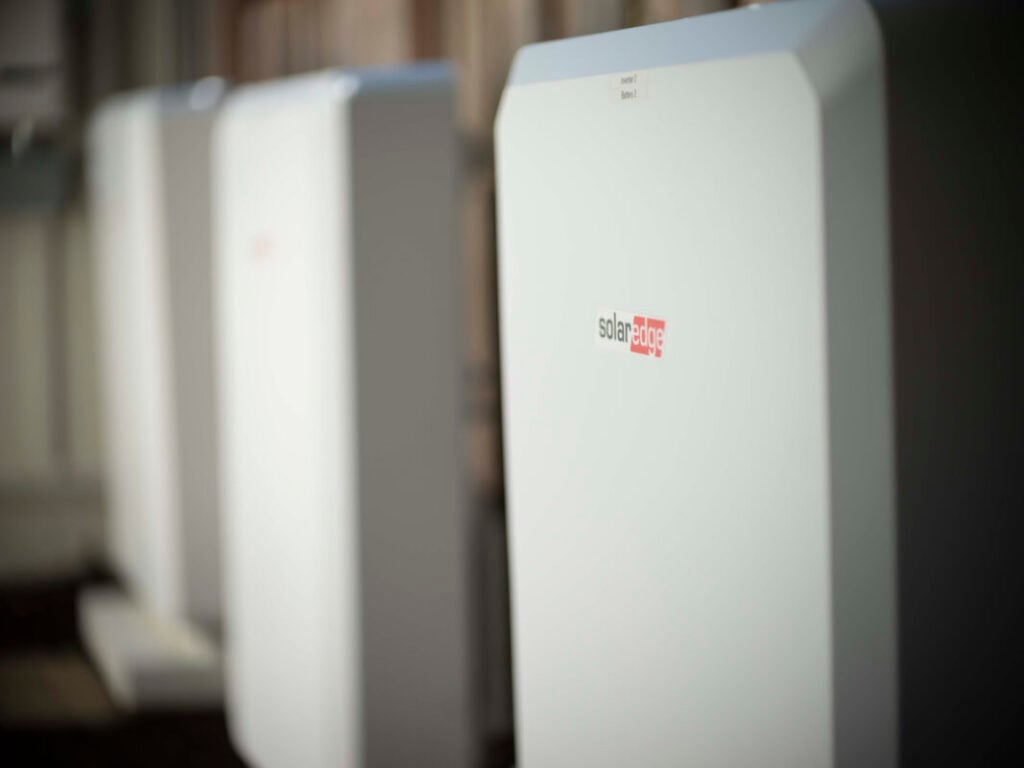The latest data from the Department for Energy Security and Net Zero (DSNZ) have shown that more than 22,000 energy storage systems have been installed on domestic property in the UK in the past 12 months.
For the period between April 2024 and March 2025, a total of 22,398 storage systems for battery energy were added to British houses. Of these, 9,855 had a storage capacity between 1 and 5.99 kWh, 7,956 had a storage capacity of between 6 and 10.99 kWh and 4,587 had a capacity between 11 and 29.99 kWh. The total kWh capacity of all installations of the home battery in this period reached 193.39 MWh.
The data, which contains all installations certified by the Microgeneneration Certification Scheme (MCS), show that installation costs per kWh fall considerably for those who install larger systems. For systems with a storage capacity between 1 and 5.99 kWh, the median installation costs are £ 1,020 per kWh, with costs fall to £ 900 per kWh for systems between 6 and 10.99 kWh and fall considerably up to £ 590 per kWh for systems between 11 and 29.99kWh.
In particular, this data does not include installations on new -build properties, something that becomes increasingly common as housing builders try to make more energy -efficient and environmentally friendly. Octopus Energy is paramount in the movement to get more batteries in new Build properties through its “Zero Bills” houses.
Zero Bills Homes promises residents that they do not have to pay energy costs at least five years after his move, where all houses are equipped with a number of low -carbon technologies, the most important, including the storage of energy on housing battery. The largest energy supplier of the UK works together with some of the largest residential builders in the UK, including Vistry Group, Thakeham” De Hill Group, Tilia Homes and Hopkins Homes, In an attempt to roll out 100,000 “zero accounts” houses by 2030. The schedule was recently rolled out in Scotland, where Octopus Energy cooperates Houses for Scotland and Mast Architects.
In the meantime, Utility E.ON recently joined forces with Distribution Network Operator (DNO) Northern PowerGrid to test A New schedule to lower the energy bills by using the storage of the energy in the home battery. The pilot combines the storage of battery energy with flexibility services and improved home insulation, and all participants are provided with free home batteries from E.ON next when the pilot is launched later this month.

